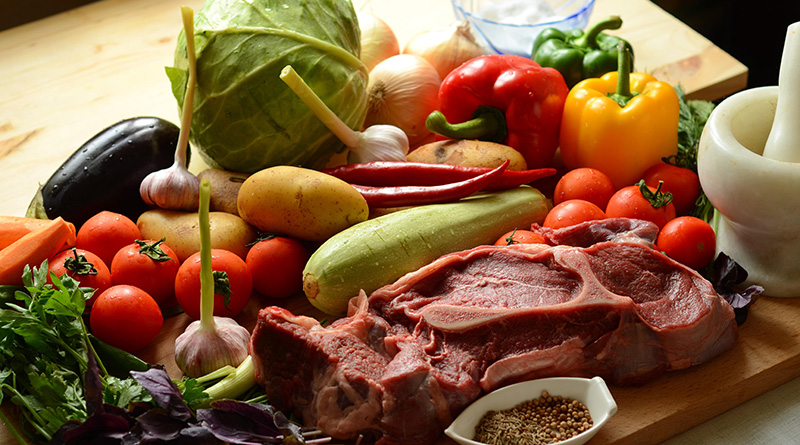FSA Consumer Survey Shows Around One In Four People Are Still Food Insecure

The latest wave of the Food Standards Agency’s (FSA) Food and You 2 survey, conducted between October 2023 and January 2024, shows that levels of food insecurity remain stable.
The Wave 8 report, published today, reveals 24% of participants across England, Wales, and Northern Ireland have reported being ‘food insecure’, which means having limited or uncertain access to adequate food.
Levels of food insecurity had risen gradually in recent years, from 15% in Wave 3 (April-June 2021), up to 25% in Wave 6 (October 2022-January 2023) and Wave 7 (April-July 2023).
The latest wave of the survey has also showed that 79% of respondents raised no concerns about the food they eat. However, when respondents were prompted to choose from a list of food-related topics, the most common concerns were food prices (69%), the quality of food (65%), food waste (63%), and the amount of sugar in food (58%).
FSA Interim Chief Executive, Katie Pettifer, said: “Food and You 2 provides the FSA, and the wider Government, with robust data on what people think and do when it comes to food. It is concerning that we are still seeing high levels of food insecurity, and we will continue to monitor this.”
“The experiences people are reporting to us are vitally important to the FSA’s work to protect public health and consumers’ wider interests in relation to food. We will continue to share our advice on food.gov.uk to help people make their food go further while staying safe.”
Other notable findings in the report include:
• 90% of respondents reported that they were confident that the food they buy is safe to eat.
• 72% of respondents who had at least some knowledge of the FSA reported that they trusted the FSA to make sure ‘food is safe and what it says it is’.
• 72% of respondents reported they had confidence in the food supply chain.
• The most common changes to eating habits reported by respondents were that they had eaten less processed food (43%) and started minimising food waste (38%).
